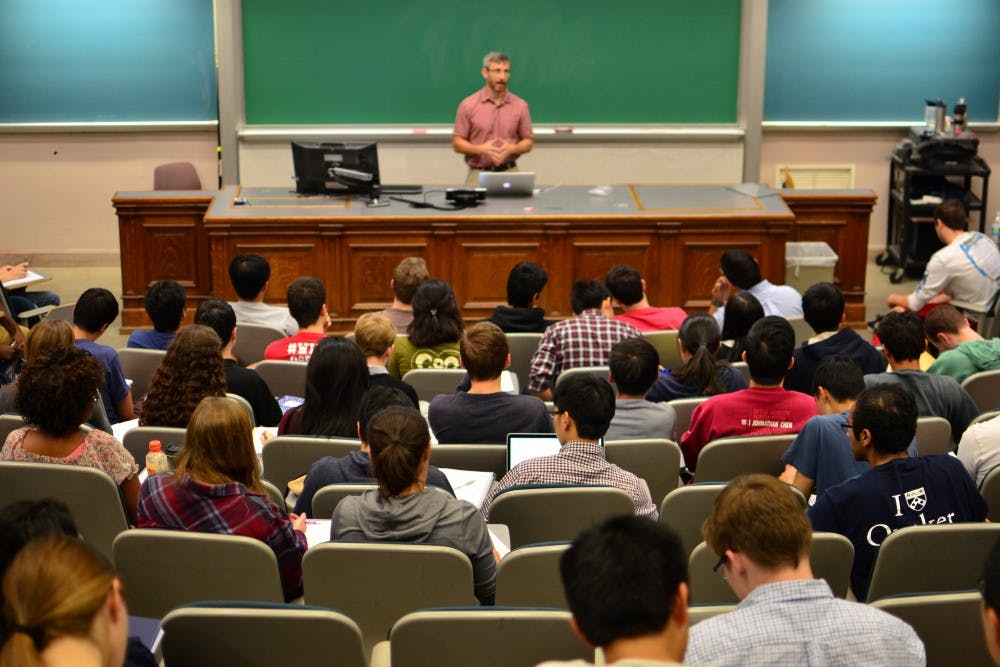A Penn professor has weighed in on the recent debate about the overprotection of millennials. Bioethics professor Jonathan Moreno does not believe that university students are as coddled as some make them out to be, and they can handle sensitive topics maturely.
In September, The Atlantic published an article online called “The Coddling of the American Mind,” which sparked conversations on and off college campuses, with Penn being no exception. The article argued that there is a phenomenon at elite American universities, “driven largely by students, to scrub campuses clean of words, ideas, and subjects that might cause discomfort or give offense.” It decried the use of trigger warnings and argued that these privileged, oversensitive college students were continuing the work of their over-indulgent parents and further isolating themselves from “the real world.” The impact of the article was such that even President Obama made a statement in response to the apparent move toward censoring campuses.
“I don’t agree that you, when you become students at colleges, have to be coddled and protected from different points of view,” Obama said at a town hall debate in Iowa in September.
In the header of the Atlantic article, a clueless-looking toddler in a sweatshirt that says “college” sits at a desk with a Macbook in front of him. Yes, that depiction could represent a Penn student.
But maybe it doesn't, Moreno argues.
Moreno, who is a faculty member of both the School of Arts and Sciences and Penn Medicine, wrote an article for The Huffington Post called “Warning: My Class Is One Big Trigger.” In it, he argues that students — and specifically Penn students in his class — can, in fact, handle hard topics and think about difficult issues. “I've seen no evidence that education has been stifled,” he wrote in the article.
“I see trigger warnings as part of a longer conversation that has to do with political correctness,” Moreno said. “It’s another manifestation of the idea that elite universities are coddling students. Undoubtably there have been speakers who have been invited or uninvited … and it may be happening more now, but it doesn’t characterize what really goes on in universities.”
Moreno teaches both undergraduate- and graduate-level bioethics classes and said he hasn’t seen any of the over-sensitivity or need for trigger warnings described in the Atlantic piece, even though sensitive material is discussed regularly in humanities and social science classes. Moreno said he had even presented a case study of his own life to his undergraduate bioethics class about the hard decisions he’s being forced to make concerning his mother, who is in a nursing home.
RELATED:
Trigger warnings attract discussion nationwide and at Penn
“Almost everybody in that room has an elderly grandparent or has a parent or grandparent who’s died, or a friend who’s died," he said. "You could say the whole conversation was very triggering to those people, but no one ran out of the class in tears. They seemed to be very engaged, and that’s pretty typical in my experience."
Moreno has also taught at the University of Virginia, George Mason University and Swarthmore College and said that he has seen the same trend at those institutions. He attributes the “coddled American college student” image more to a generational disconnect rather than hard evidence.
He added that such disconnect isn’t limited to this time and place, recalling previous examples of generational discord.
“People who were my age when I was in college had a certain view of us — we were all drug-crazed, sex-crazed hippies,” he said. “We survived somehow.”









